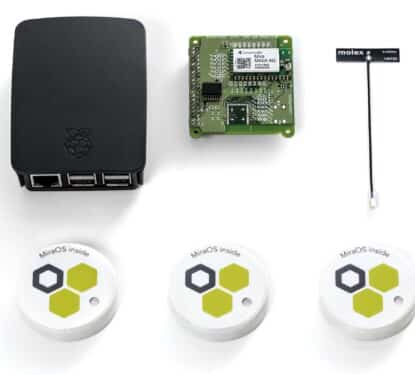
This is grim news for even assuming that gas fired central fired plants and nuclear are ordered today it would take 5 years for the former to come on stream. The utilities are in no hurry to invest in new gas plant until they know what subsidies will be available under electric market reforms that are over a year from completion. Ofgem said that little had changed since its last report in 2009 when it warned that the financial crisis, tough environmental targets and the closure of old power stations threatened security of supply.
Nothing is mentioned about the part Renewables will play in averting this crisis so we assume that it has already been factored into the equation. Are we left just accepting it ‘fait accompli’ or ignore the pollution regulations and pay a heavy price?
Distributed Power can make a serious contribution to both delivering power at current market prices and reducing CO2 emissions but it requires the utilities to buy into this new model and at the present time they are reluctant to accept or pursue this possibility. They want to continue the central model of large scale production and distribution; a one way flow of electricity from them to the consumer. They are embracing smart meters as the first plank in their smart grid strategy, this gives them information on domestic consumption, demand patterns and the possibility to smooth demand by variable pricing. More importantly to them it gives them automatic billing which provides a direct return on their investment.
Making the Distributed Network smart and investing in communication networks which would provide value add services that would ultimately deliver revenues greater than supplying electricity are of significant interest to them; but they only want this within their time frame and control. Provided they continue to deliver electricity to both domestic and industrial users, they can be assured that they keep control of setting the policy and timetable for the Smart Grid. But this grim news from Ofgem now shows that there is a serious doubt that we can leave them to just get on with the job.
Distributed Power has sufficient scale to make a serious contribution to our electricity generation. Industry has been concerned about the rising cost of power and large companies have been investigating a return to producing their own power whilst those that operate combined heat and power units are installing new more efficient systems and selling electricity into the grid. This all makes the proposition even more attractive. I would image the Ofgem announcement has now got them concerned not just about cost but reliability of supply.
Distributed Power does not stop with industry. There are now hundreds of Smart Buildings that deliver energy efficient relatively clean power and through their automatic controls and interfacing software with the grid they can become virtual power units. Whilst we are not suggesting that our present dilemma can be solved through Distributed Power, it could certainly help.
Distributed Power should be a part of the new model of electrical generation and distribution; enhanced by Virtual Power Plants, delivered through Industry, Public and Smart Buildings interfacing with Smart Grid. Government cannot sit back and let the Utilities decide whether Distributed Energy can join the party.



